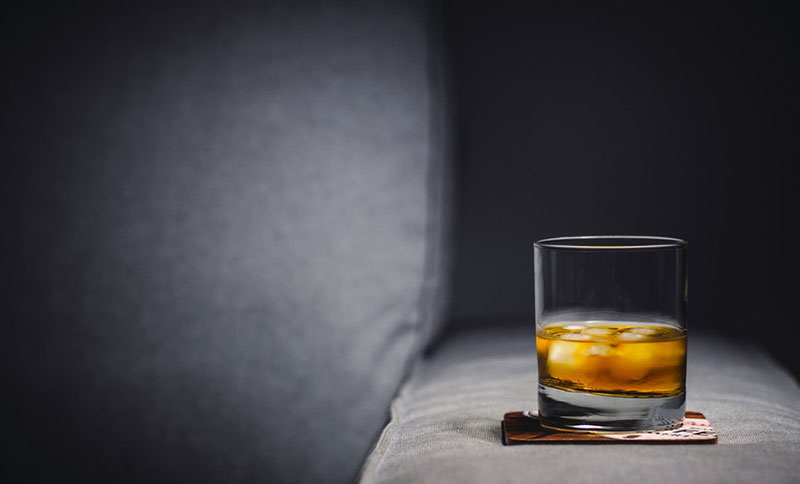Cravings are not limited to food and pregnant women. Anyone can have cravings and it is possible to have cravings for past addictive substances. Having a craving doesn’t diminish someone’s progress, nor does it signify weakness. They are common and temporary. Many in recovery will struggle with cravings, but it doesn’t need to last forever and there are ways to manage them.
Intensity Levels
The intensity of the cravings can vary from person to person. They may manifest at a low level such as vivid dreams, intrusive thoughts about the substance, or thinking about positive memories and positive feelings of using. Higher level cravings may include selective memory where you only remember the positive aspects of using and forget about the pain that it caused or negative impact it had on your life, you might experience actual hunger for the drug, and may go as far as starting to plan how to obtain the substance.
Coping With Cravings for Addictive Substances
Remember that cravings are not permanent, even if they are intense. Giving into a craving strengthens it, while riding it out weakens it. There are many ways to ride out a craving.
- If you delay the craving long enough it will go away and weaken. Sometimes, delaying can be extremely difficult. Distracting yourself from the craving can help make delaying more bearable. There are many ways to distract yourself, find what is most helpful for you.
- Another way to help cope is play out what would happen if you gave into the craving. Do so with an honest mind and if you are struggling to be honest, talk to someone who can remind you of the pain and struggle the addiction caused. You can write a letter to yourself that you can read and that reminds you of the negative consequences giving into addiction caused.
- Some individuals create a self soothing kit, which can be helpful for those that physically feel cravings. Put a kit together of things that soothe you. The kit can be as large or small as you want. Some kits might include pleasant smelling things such as lavender, a little bit of chocolate, relaxing lotion, a face mask, massage stick, pictures of loved ones, and notes of encouragement.
Cravings vs. Withdrawal
While cravings can be postponed and are fleeting, withdrawal is more serious. If you recently gave up alcohol or other drugs, indeed you might have cravings, but your body could also be going through withdrawal. Withdrawal can be dangerous and even lethal for some. It is important to consult with a mental health professional and a medical professional when starting the recovery process.

Dr. Melden earned his Doctorate in Osteopathic Medicine at Philadelphia College Osteopathic Medicine and went to USC Presbyterian Hospital for his residency in Family Medicine. He then completed his Psychiatric residency at the University of California, Irvine and went to UCSD Geropsychiatry pursuing a fellowship. Dr. Melden has over 14 years of experience as a clinician specializing in treating child and adolescent, adult and geriatric clients. He has devoted his life to psychiatry in a variety of different treatment settings including in- patient and out-patient environments. He specializes in the psychiatric evaluation, complementary therapy approaches, and medical management of individuals suffering from mental illness. Currently, he maintains a private practice with Crownview Medical Group in Coronado and Carlsbad, California where he is CEO/President.


 Myriame Nicolas, PMHNP-BC
Myriame Nicolas, PMHNP-BC
 Charlie Perez, PMHNP-BC
Charlie Perez, PMHNP-BC Kimberly Umansky, FNP-C
Kimberly Umansky, FNP-C Joanne Talbot Miller, M.A., LMFT
Joanne Talbot Miller, M.A., LMFT J. Heather Fitzpatrick, LCSW
J. Heather Fitzpatrick, LCSW Agata Nowakowska
Agata Nowakowska Brianna Meacham
Brianna Meacham Maha Moses, PhD
Maha Moses, PhD Rebecca McKnight, PsyD
Rebecca McKnight, PsyD Tiffany Holm N.P.
Tiffany Holm N.P. Dede Echitey, PMHNP-BC
Dede Echitey, PMHNP-BC Apneet Mann, FNP-C
Apneet Mann, FNP-C Rachael Hueftle, NP
Rachael Hueftle, NP Kelvin Poon, MSN, PMHNP-BC
Kelvin Poon, MSN, PMHNP-BC



